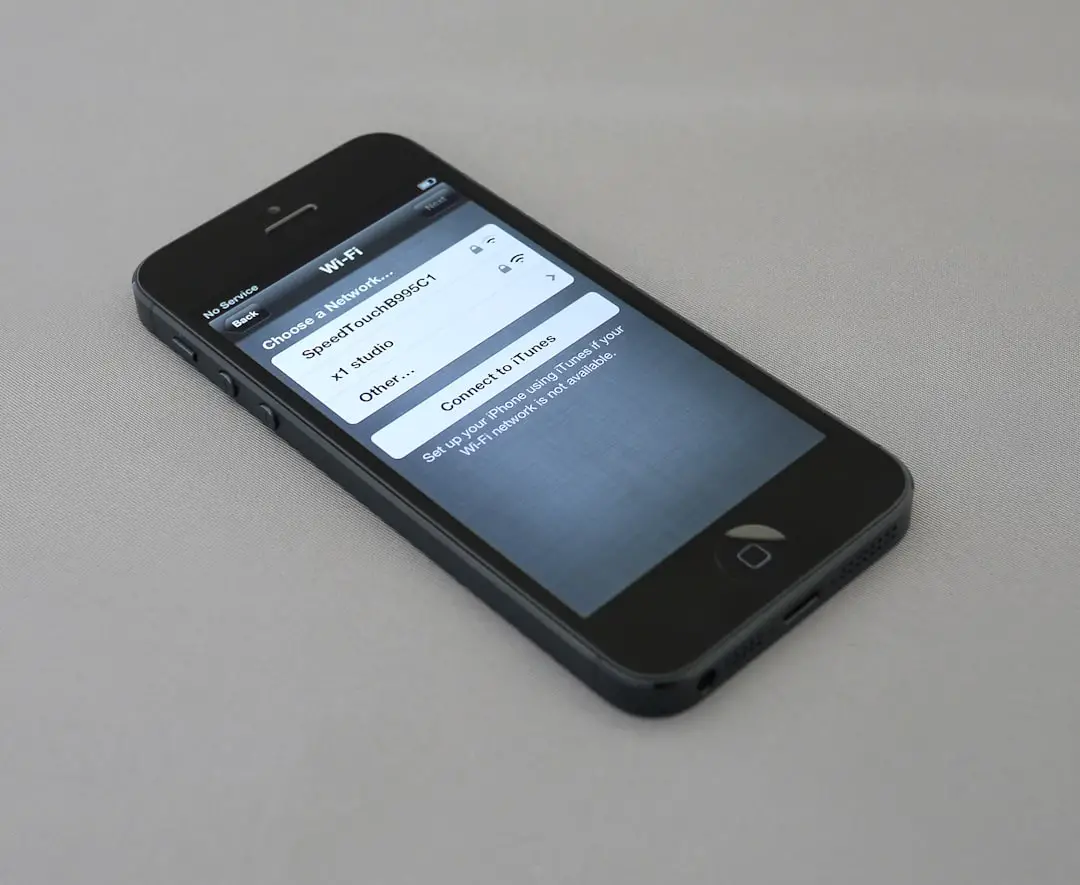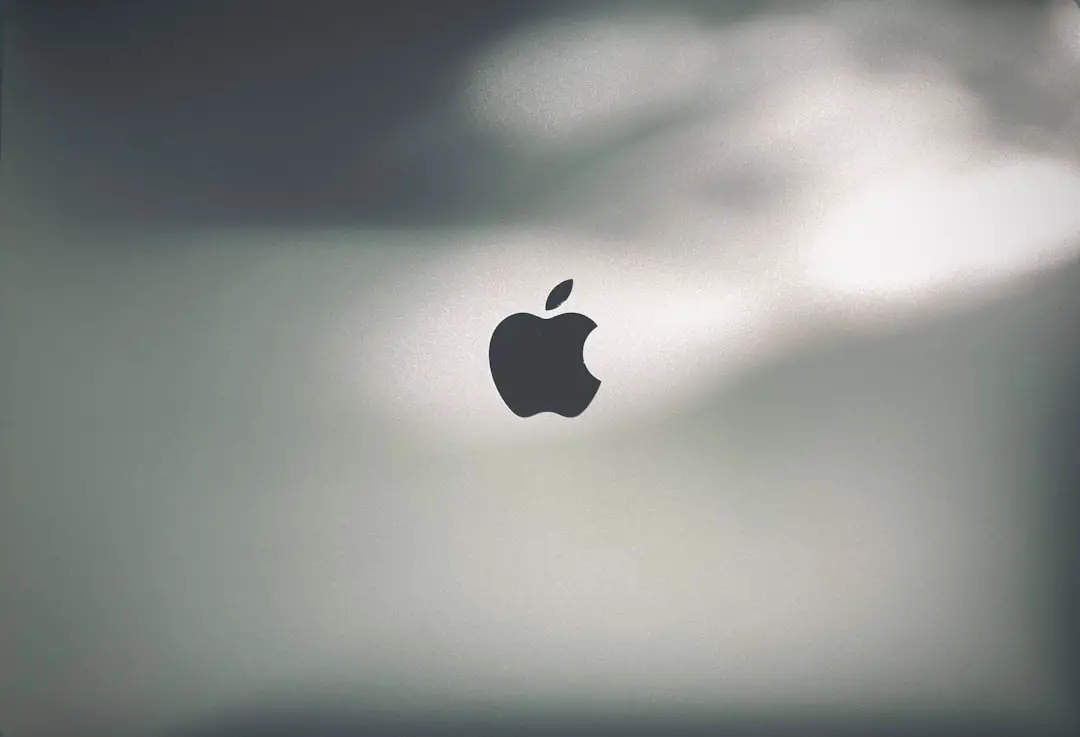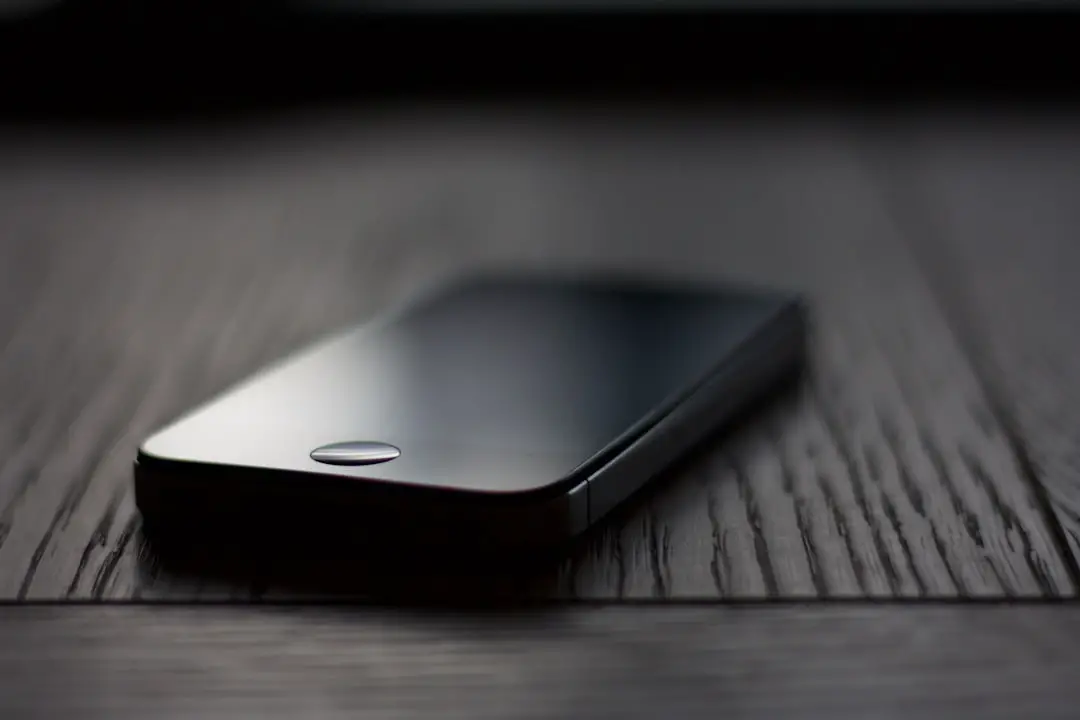As mobile internet use grows rapidly, protecting online privacy becomes more critical — especially on smartphones like the iPhone. Whether you’re seeking anonymity, bypassing geo-restrictions, or simply securing your web traffic, two popular tools often come into consideration: residential VPNs and proxy servers. Although they might seem similar on the surface, they function in fundamentally different ways and offer varying levels of performance, security, and convenience. Let’s break down the key differences between a residential VPN and a proxy server specifically for iPhone users.
What Is a Residential VPN?
A residential VPN routes your internet traffic through a server that is tied to a physical residential IP address. These IPs are provided by Internet Service Providers (ISPs) and registered to real, residential locations. The VPN encrypts your traffic, hiding your IP address and replacing it with the residential IP, adding an extra layer of anonymity.
On the iPhone, VPNs are easy to set up and often integrate directly into the iOS system settings or come as dedicated apps. A residential VPN makes it appear as though you’re browsing from someone’s real home location, which is much harder for websites to detect as a proxy or spoofed connection.
What Is a Proxy Server?
A proxy server acts as an intermediary between your iPhone and the internet. It forwards your requests to websites and then sends the responses back. While proxies can mask your IP address and spoof your location, they typically do not encrypt your data unless combined with other security tools. Proxy servers on iPhone can be manually configured via the Wi-Fi settings or used through certain apps.

Key Differences Between Residential VPNs and Proxy Servers
Here’s a comparison of the most important distinctions:
- Data Encryption:
- VPN: Encrypts all web traffic on your iPhone, making it secure from hackers, ISPs, and even public Wi-Fi threats.
- Proxy: Does not encrypt your web traffic by default. It’s mainly used for hiding your IP and manipulating your location.
- IP Masking:
- VPN: Provides a residential IP that seems like a real user to websites and services, reducing the likelihood of detection.
- Proxy: Often uses datacenter IPs or shared public IPs, which can be easier for websites to block or identify as suspicious.
- System-Wide Protection:
- VPN: Covers all apps and mobile traffic across your iPhone once enabled.
- Proxy: Typically works on a per-app basis unless manually configured to affect all device traffic (which can be difficult).
- Ease of Setup:
- VPN: Easy setup via apps and native iOS support. Most VPNs offer user-friendly apps specifically designed for the iPhone.
- Proxy: Requires manual configuration or specific app support, which can make it less seamless to use.
- Speed and Performance:
- VPN: May slightly reduce speed due to encryption but offers consistent and reliable performance.
- Proxy: May offer faster speeds due to lack of encryption but can suffer from connection drops or low reliability.
When to Use Each Option
Use a residential VPN on your iPhone if:
- You value security and privacy.
- You often use public Wi-Fi networks.
- You want to access geographically restricted content undetected.
- You require protection and anonymity across all your mobile apps.
Use a proxy server if:
- You need a quick way to change your IP for a single app or lightweight task.
- You’re working with web scraping, automation, or basic location testing.
- Security and data encryption aren’t your top priority.

Which One Is Better for iPhone Users?
For most users, especially those less technically inclined or more concerned with privacy, a residential VPN is the better choice. It offers complete device-wide protection, strong encryption, and ease of use. You’ll have peace of mind knowing that your traffic is secure, even on untrusted networks.
On the other hand, if you’re focused on performance, have specific apps you want to route differently, or you’re engaged in niche tasks like bot usage or market testing, a proxy server can be a useful tool. Just remember that it doesn’t provide the same level of security as a VPN.
Final Thoughts
Choosing between a residential VPN and a proxy server for your iPhone depends on your specific needs. Whether it’s security, speed, location control, or ease of setup — each option has its strengths and trade-offs. Ideally, understanding the capabilities of both can help you make an informed decision and enhance your mobile browsing experience.
